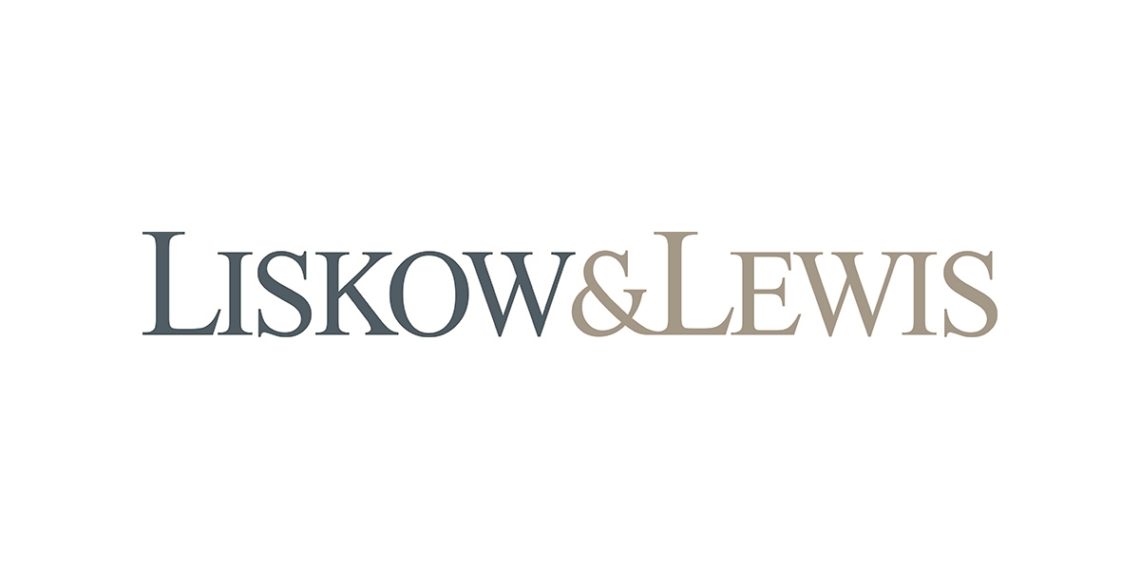On September 30, 2021, the EPA once again signaled a policy change on what provisions a state can include in its Clean Air Act State Implementation Plan (“SIP”) for exemptions and affirmative defenses during periods of startup, shutdown, and malfunction (“SSM”). This most recent action revokes the EPA guidance issued nearly a year earlier in October 2020, and it readopts the agency’s prior SSM policy for SIPs which was published on June 12, 2015. While this latest version marks a significant change from the 2020 guidance, it is unlikely to alter or impact Louisiana’s SIP.
I. 2015 SSM SIP Policy
Under the Obama Administration, EPA promulgated a final rule on June 12, 2015, entitled “State Implementation Plans: Response to Petition for Rulemaking; Restatement and Update of EPA’s SSM Policy Applicable to SIPs; Findings of Substantial Inadequacy; and SIP Calls To Amend Provisions Applying to Excess Emissions During Periods of Startup, Shutdown and Malfunction,” (hereinafter, “2015 SSM SIP Policy”). 80 Fed. Reg. 33840 (June 12, 2015). While published as a final rule, the 2015 SSM SIP Policy was nonbinding. This Policy provided that blanket and automatic SSM exemption and affirmative defense provisions in SIPs were not consistent with Clean Air Act (“CAA”) requirements and not allowable in SIPs. The policy further explained that SIPs could include criteria and procedures for how an agency may use enforcement discretion for SSM events.
As part of its final action, EPA issued a SIP Call for Louisiana, as well as 35 other states, to submit corrective SIP revisions regarding several air quality regulations, which EPA found to be “substantially inadequate to meet [CAA] requirements” because they provided “automatic exemptions” or “impermissible discretionary exemptions” from “otherwise applicable SIP emission limitations.” 80 Fed. Reg. at 33967-68. In 2016, with EPA approval, Louisiana finalized its SIP revisions eliminating provisions that allowed for automatic and discretionary exemptions from emission limitations during startup, shutdown, maintenance, and malfunctions. 81 Fed. Reg. 4891. The 2015 SIP Call did not require Louisiana to eliminate its upset affirmative defense, which allows an owner or operator to assert an affirmative defense in an enforcement proceeding for “any situation arising from sudden and reasonably unforeseeable events beyond the control of the owner or operator…that causes the source to exceed a technology-based emissions limitation under the permit due to unavoidable increases in emissions attributable to the situation.” LAC 33:III.507.J.1.
II. 2020 SSM SIP Policy Memorandum
On October 9, 2020, during the Trump Administration, EPA modified its stance on SSM exemptions in SIPs, issuing a guidance memorandum entitled “Inclusion of provisions governing periods of Startup, Shutdown, and Malfunctions in State Implementation Plans” (hereinafter, “2020 SSM SIP Policy Memorandum”), The memorandum outlined that certain exemptions and affirmative defenses for SSM periods may be permissible in SIPs. In the memorandum, EPA concluded that because SIPs contain numerous planning requirements that collectively protect the National Ambient Air Quality Standards (“NAAQS”), a SIP could adequately provide for attainment and maintenance of the NAAQS, even if the SIP allowed exemptions to specific emission limits for SSM events. The guidance also acknowledged that narrowly tailored affirmative defense provisions for malfunctions caused by circumstances beyond the control of the owner or operator could be permissible as protective of NAAQS. The 2020 SSM SIP Policy Memorandum was not issued as an agency final action and had no binding effects.
Because Louisiana had already modified its SIP based on the 2015 SSM SIP Policy, the 2020 SSM SIP Policy Memorandum had no effect on Louisiana’s SIP.
III. 2021 SSM SIP Policy Memorandum
Most recently, under the Biden Administration, the EPA has returned to the policy published under the Obama Administration. On September 30, 2021, EPA issued a memorandum entitled “Withdrawal of the October 9, 2020, Memorandum Addressing Startup, Shutdown, and Malfunctions in State Implementation Plans and Implementation of the Prior Policy,” (hereinafter, “2021 SSM SIP Policy Memorandum”). The 2021 SSM SIP Policy Memorandum rescinds the 2020 SSM SIP Policy Memorandum and re-adopts the 2015 SSM SIP Policy. In its memorandum, EPA explained that it believed that the 2015 SSM SIP Policy was the better policy because:
- It is consistent with the 2008 D.C. Circuit Court of Appeals finding that SSM exemptions were impermissible under a sister provision of the CAA (Section 112, dealing with National Emission Standards for Hazardous Air Pollutants), Sierra Club v. Johnson, 551 F.3d 1019 (D.C. Cir. 2008), and a 2014 decision, in which the D.C. Circuit held that EPA lacked authority to create affirmative defenses for SSM events, NRDC v. EPA, 749 F.3d 1055 (D.C. Cir. 2014).
- It is better able to ensure that minority, low-income, and indigenous populations receive the full health and environmental protections provided by the CAA.
- It better ensures that emission limitations are in place during all modes of operation.
The EPA also determined that reinstating the 2015 SSM SIP Policy would not be harmful, because the 2020 policy had been in place less than a year and no states had submitted SIP revisions pursuant to the policy.
The EPA intends to continue implementing pending SIP calls based on the 2015 SSM SIP Policy, and it intends to take additional action as needed. This additional action may include issuing additional SIP calls for North Carolina, Texas, and Iowa. In 2020, prior to issuing its 2020 SSM SIP Policy Memorandum, the EPA withdrew its SSM SIP call for these three states, essentially finding that the SSM provisions in these SIPs, which allowed SSM affirmative defenses and exemptions were permissible. Under the 2021 SSM SIP Policy, EPA will likely take a different stance.
EPA’s most recent SSM SIP Policy Memorandum is unlikely to affect Louisiana’s SIP. Louisiana revised its SIP based on the 2015 SSM SIP Policy, and this policy was re-adopted in the 2021 memorandum. Accordingly, it seems likely that Louisiana’s upset affirmative defense will remain in effect.
[View source.]
Credit: Source link





















